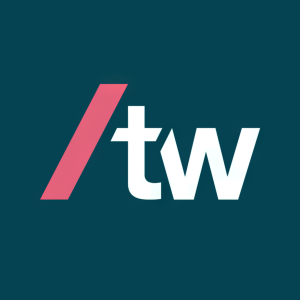Latest Thoughtworks Technology Radar Reveals Greater Business Focus on Software Supply Chain Innovation
In its 12th year, the bi-annual report from global technology consultancy
In
“A confluence of events — whether public instances of severe, brand-impacting breaches or government mandates — has increased the emphasis businesses are placing on understanding the complexity and the breadth of the ecosystem involved in the software supply chain,” said Dr.
Highlighted themes included in Technology Radar Vol. 26 include:
- Software supply chain innovations: Hackers are increasingly taking advantage of the asymmetrical nature of offense and defense in the security arena — they only need to find one vulnerability, whereas defenders must secure the entire attack surface — while employing increasingly sophisticated hacking techniques. Improved supply chain security is a critical piece of the response as businesses work to keep systems secure.
- The bizarre bazaar: The changing economics of open-source software Open-source software improves developer agility and crowdsources both bug fixes and innovation. The many different approaches to commercialization of and support for open-source software demonstrate the immense economic complexity of the current ecosystem.
- Why do developers keep implementing state management in React?: Typically after a foundational framework becomes popular, it’s followed by a raft of tools creating an ecosystem for improvements and enhancements and ends with consolidation around a few popular tools. However, React state management seems resistant to this common tendency.
- The neverending quest for the master data catalog: The desire to get more value out of corporate data assets continues to drive investment. A renewed interest in corporate data catalogs is leading to a surge of clever new tools with expanding feature sets that address governance, quality management and publishing. In contrast to this trend, there is also a growing movement away from centralized, top-down data management and toward federated governance and discovery based on a data mesh architecture.
Visit www.thoughtworks.com/radar to explore the interactive version of the Radar or download the PDF version.
Supporting resources:
-
Keep up with
Thoughtworks news by visiting the company’s website - Follow us on Twitter, LinkedIn and YouTube.
- ### - <TWKS915>
About
View source version on businesswire.com: https://www.businesswire.com/news/home/20220329005083/en/
Media:
Email: linda.horiuchi@thoughtworks.com
Phone: +1 (646) 581-2568
Source:








